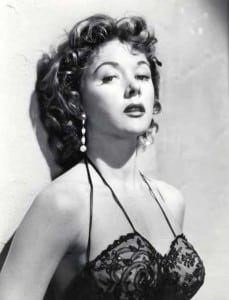
null
This Winter the BFI are celebrating the life of screen siren GLORIA GRAHAME with a retrospective of a smouldering film career showcasing her talents – usually in supporting roles – garnering her critical acclaim and an Academy Award for her nine-minute role in THE BAD AND THE BEAUTIFUL (1952) starring alongside Kirk Douglas, who was nominated but went away empty-handed.
Gloria Grahame appeared in more than 30 films during the 1940s and 50s and died shortly after returning to her native New York, from a visit to her friend Peter Turner, a stay which forms the basis for the 1987 biography Film Stars Don’t Die in Liverpool and Paul McGuigan biopic drama which opens the retrospective on 14 November 2017, and stars Annette Bening as Grahame.
Born Gloria Hallward, in Pasadena, California on November. 28, 1923 to the British actress, Jean Hallward, who had played Shakespearean and other classical roles on the British stage, Gloria Grahame made her stage debut in Chicago soon after finishing high school. Broadway then beckoned, where she worked as understudy in Thornton Wilder’s play By the Skin of Our Teeth, an a number of other stage roles. Her Hollywood debut was in 1944 with Richard Whorf’s comedy flop BLOND FEVER. She went on to star as Ginny in Edward Dmytryk’s 1947 racially-charged noir thriller CROSSFIRE, alongside Robert Mitchum. She later claimed Ginny was her favourite role and she was nominated for an Academy Award which sealed her success for the following decade in titles such as THE GREATEST SHOW ON EARTH (1952) and OKLAHOMA! (1955).
Offers dwindled during the 1950s as she brought up her family with Nicholas Ray, occasionally appearing in TV and stage outings, particularly in comedy roles in The Man Who Came to Dinner; Head Over Heels. She was married to Stanley Clements, Nicholas Ray, Cy Howard and Anthony Ray. MT
Here is the BFI Line-up:
Film Stars Don’t Die in Liverpool
UK 2017. Dir Paul McGuigan. With Annette Bening, Jamie Bell, Julie Walters, Vanessa Redgrave. 105min. Digital. Cert tbc. Courtesy of Lionsgate
Ageing Hollywood star Gloria Grahame (Bening), a goddess of the silver screen in the 1940s, now resides in Liverpool doing small theatre gigs to help support her children. While dealing a health scare, she develops an unlikely romance with charming 20-something Peter Turner (Bell) – a relationship that’s soon tested to its limits.
Tickets £15, concs £12 (Members pay £2 less)
Gloria Grahame: Femme Fatale Film Noir Icon | TRT 90min | TUE 14 NOV 18:10 NFT1
This lavishly illustrated talk by Adrian Wootton OBE, CEO of Film London, will celebrate the onscreen brilliance that defines Gloria Grahame as one of the iconic femme fatale heroines of the era. Wootton will explore her working relationships with major filmmakers such as Frank Capra, Fritz Lang and Vincente Minnelli, as well as her tumultuous and often controversial personal life. Tickets £6.50
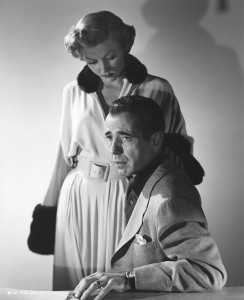 IN A LONELY PLACE | MON 13 NOV 18:20 NFT3
IN A LONELY PLACE | MON 13 NOV 18:20 NFT3
USA 1950. Dir Nicholas Ray. With Humphrey Bogart, Gloria Grahame, Frank Lovejoy. 98min. Digital. PG. A Park Circus release.
Nicholas Ray’s beguiling blend of murder mystery and unusually adult love story is one of the finest American movies of the early 50s. The lonely place is Hollywood: scriptwriter Dix (Bogart) is prime suspect in the murder of a young woman, until neighbour Laurel (Grahame) provides him with a false alibi. But as the pair embark on a romance, his volatile temper – exacerbated equally by the studio and the cops – makes her wonder whether he might have been guilty… Brilliantly adapted from Dorothy B Hughes’ novel, Ray’s tough but tender film is spot-on in its insightful characterisation of Tinseltown and of the troubled lovers. Marvellously cast, Bogart and Grahame bring an aching poignancy to their painful predicament.
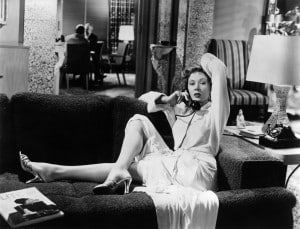 THE BIG HEAT | FROM FRI 24 NOV
THE BIG HEAT | FROM FRI 24 NOV
USA 1953. Dir Fritz Lang. With Glenn Ford, Gloria Grahame, Jocelyn Brando, Lee Marvin. 89min. Digital. 15. A Park Circus release
Fritz Lang’s stark thriller about a cop fighting city-wide corruption is also a classic tale of revenge and redemption. After a senior policeman kills himself, detective Dave Bannion (Ford) begins to suspect a cover-up between his superiors, local politicians and a seemingly inviolate crime-lord. Persisting with his investigations, he comes under attack, at which point his mission turns personal rather than professional. Famous for its (off-screen) violence – notably a scene involving Gloria Grahame, Lee Marvin and boiling coffee – Lang’s film is pacy, unsentimental and to the point in exploring the thin line between the law and rough justice. The robust direction, terse script and unfussy performances ensure the movie feels strangely modern.
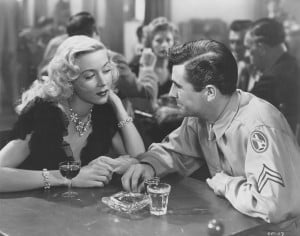 CROSSFIRE | FROM FRI 24 NOV
CROSSFIRE | FROM FRI 24 NOV
USA 1947. Dir Edward Dmytryk. With Gloria Grahame, Robert Mitchum, Robert Ryan, Robert Young. 86min. 35mm. PG
This was one of Grahame’s earliest substantial roles. Her portrayal of a dance-hall girl who witnesses a murder earned her an Oscar® nomination and also set the mould for her screen persona. As the police investigation into the crime leads to a manhunt for a missing GI, the film takes an uncompromising look at the problems men had readjusting to life after war.
WED 15 NOV 18:30 NFT2 / SAT 18 NOV 18:30 NFT2
Sudden Fear + intro by Adrian Wootton OBE, CEO of Film London*
USA 1952. Dir David Miller. With Gloria Grahame, Joan Crawford, Jack Palance. 111min. Digital. PG
Gloria Grahame read Macbeth in preparation for the role of Irene Neves – looking to Lady Macbeth to locate the emotional drive to manipulate a man to murder, as she does with Palance’s actor-cum-fraudster Lester Blaine. Joan Crawford is at the film’s core and plays the melodramatic angle to perfection but Grahame is compelling as the driving force behind the murderous plot
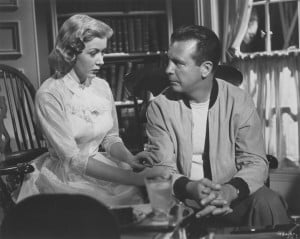 THE BAD AND THE BEAUTIFUL | MON 13 NOV 20:30 NFT2* / SUN 19 NOV 17:00 NFT2
THE BAD AND THE BEAUTIFUL | MON 13 NOV 20:30 NFT2* / SUN 19 NOV 17:00 NFT2
USA 1952. Dir Vincente Minnelli. With Gloria Grahame, Kirk Douglas, Lana Turner, Dick Powell, Walter Pidgeon. 118min. 35mm. PG
This classic Hollywood take on the movie business tells the tale of a ruthless producer and the effect his dealings have on his friends and colleagues. Grahame received a Best Actress in a Supporting Role Oscar® for her portrayal of Rosemary, the wife of screenwriter James Lee Bartlow (Powell), despite being on screen for only nine minutes.
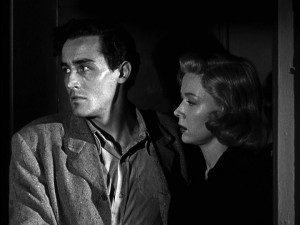
null
THE GLASS WALL | FRI 17 NOV 18:20 NFT2 / THU 30 NOV 20:35 NFT2
+ intro by season curator Jo Botting, BFI National Archive*
USA 1953. Dir Maxwell Shane. With Gloria Grahame, Vittorio Gassman, Ann Robinson. 85min. 35mm. PG
One of Grahame’s lesser-known titles, this film also offered her a rare starring role. She appears opposite Italian star Vittorio Gassman, who plays a Hungarian illegal immigrant determined to remain in the US, with one night to track down the person who can save him from deportation. Grahame gives an exquisite performance as a woman on the breadline who forms a bond with the desperate man.
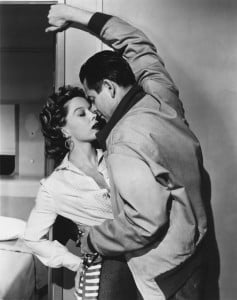 HUMAN DESIRE | MON 20 NOV 18:20 NFT2* / MON 27 NOV 20:40 NFT
HUMAN DESIRE | MON 20 NOV 18:20 NFT2* / MON 27 NOV 20:40 NFT
USA 1953. Dir Fritz Lang. With Gloria Grahame, Glenn Ford, Broderick Crawford. 91min. 35mm. PG
The role of Vicki Buckley in this classic noir about a man’s affair with a married woman shows Grahame at her most complex and scheming. As the film progresses the layers of her character are slowly peeled away, and the audience teeter between sympathy for her tragic life and abhorrence at her capacity for manipulation
THE COBWEB | TUE 21 NOV 18:20 NFT3 / SUN 26 NOV 14:45 NFT1
USA 1955. Dir Vincente Minnelli. With Gloria Grahame, Richard Widmark, Lauren Bacall, Charles Boyer, Lillian Gish. 123min
Vincente Minnelli’s lush melodrama revolves around the struggle for power among staff and inmates at a psychiatric hospital. Grahame plays the neglected wife of Dr McIver (Widmark), frustrated by his dedication to his work and stifled by the small-town mentality of those around her. The colour photography emphasises her brassiness, enhancing her waspish yet sensual performance.
OKLAHOMA! | DATES AND TIMES IN DECEMBER TBC
USA 1955. Dir Fred Zinnemann. With Gloria Grahame, Shirley Jones, Gordon MacRae, Rod Steiger. 145min. U
While she was not a natural chanteuse (she was tone-deaf) Grahame’s naïve, endearing vocal style in this musical western brings genuine charm to her portrayal of Ado Annie and she sung the role completely without dubbing. Annie’s romantic to-ing and fro-ing offers comic relief from Rod Steiger’s menacing pursuit of the wholesome Laurey (Jones), while the whole is interspersed with some of Rodgers and Hammerstein’s liveliest tunes.
 NAKED ALIBI | DATES AND TIMES IN DECEMBER TBC
NAKED ALIBI | DATES AND TIMES IN DECEMBER TBC
USA 1954. Dir Jerry Hopper. With Gloria Grahame, Sterling Hayden, Gene Barry. 86min
A policeman pursues a suspected murderer to a Mexican border town, both men driven by desperation and their own personal demons. Grahame is at her most seductive as a nightclub singer caught between them; she finally finds the love she’s desperate for, but will the chance for happiness come too late?
DATES AND TIMES IN DECEMBER TBC
Merton of the Movies
USA 1947. Dir Robert Alton. With Gloria Grahame, Red Skelton, Virginia O’Brien. 82min
Showing how fast Hollywood forgot its roots, this broad parody of silent cinema was made barely 20 years after the coming of sound. Red Skelton was coached in physical comedy by Buster Keaton for his performance as a small-town boy seeking fame and fortune in the movies. Grahame luxuriates in the glamour of her role, as a film star who seduces the innocent abroad.
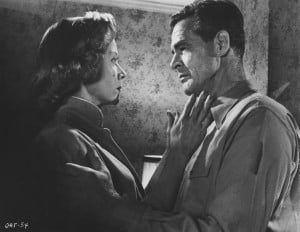 ODDS AGAINST TOMORROW | DATES AND TIMES IN DECEMBER TBC
ODDS AGAINST TOMORROW | DATES AND TIMES IN DECEMBER TBC
USA 1959. Dir Robert Wise. With Gloria Grahame, Robert Ryan, Harry Belafonte, Shelley Winters. 96min
Director Robert Wise offers a heist movie with a twist, as Robert Ryan’s troubled WWII veteran confronts his prejudices when he embarks on a bank job with a black jazz performer (Belafonte). A very personal project for Belafonte, the film is one of the last Hollywood noirs ever produced. Grahame makes an impression in the small role of Ryan’s sexually frustrated neighbour, in her swansong as a screen siren.
DATES AND TIMES IN DECEMBER STILL TO BE CONFIRMED


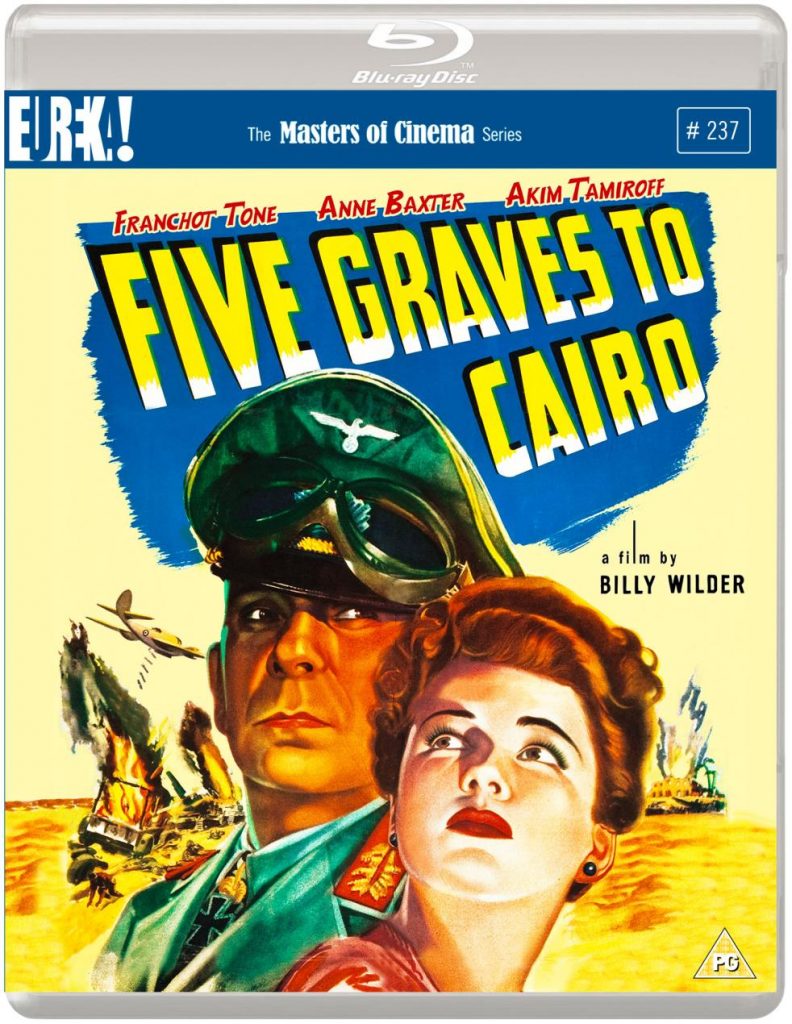
 Director Stanley Kramer (1913-2001) was always ready to bring controversial stories to the screen, Guess Who is Coming to Dinner being one of them. When he directed Aby Mann’s adaption of his own story in 1961, Judgement at Nuremberg was very much a slap in the face for Cold War warriors, who had forgiven (West) Germans the Holocaust, just to have old Nazis to fight against Bolshevism.
Director Stanley Kramer (1913-2001) was always ready to bring controversial stories to the screen, Guess Who is Coming to Dinner being one of them. When he directed Aby Mann’s adaption of his own story in 1961, Judgement at Nuremberg was very much a slap in the face for Cold War warriors, who had forgiven (West) Germans the Holocaust, just to have old Nazis to fight against Bolshevism.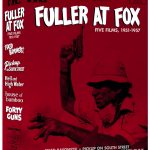 A towering figure of American cinema, Samuel Fuller was a master of the B-movie, a pulp maestro whose iconoclastic vision elevated the American genre film to new heights. After the major success of The Steel Helmet, Fuller was put under contract by Twentieth Century Fox after being impressed by Darryl F. Zanuck’s direct sales pitch (other studios offered Fuller money and tax shelters; Zanuck simply told him, “We make better movies.”).
A towering figure of American cinema, Samuel Fuller was a master of the B-movie, a pulp maestro whose iconoclastic vision elevated the American genre film to new heights. After the major success of The Steel Helmet, Fuller was put under contract by Twentieth Century Fox after being impressed by Darryl F. Zanuck’s direct sales pitch (other studios offered Fuller money and tax shelters; Zanuck simply told him, “We make better movies.”).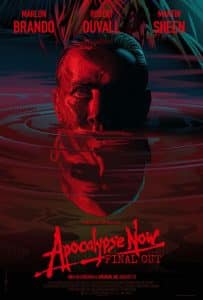 In celebration of its 40 year anniversary Apocalypse Now Final Cut, offers a chance to see the full 180 minute version for the first time ever. Coppola’s spectacular cinematic masterpiece on the big screen and in a Blu-ray version.
In celebration of its 40 year anniversary Apocalypse Now Final Cut, offers a chance to see the full 180 minute version for the first time ever. Coppola’s spectacular cinematic masterpiece on the big screen and in a Blu-ray version.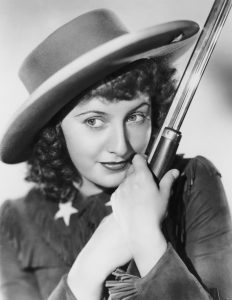 Diva, grande dame and femme fatale, Stanwyck adapted to any genre, be it comedy, melodrama or thriller. Her natural wit and raw emotion was particularly resonant in her Westerns, where she played resourceful, confident women holding their own in a male-dominated world. The BFI are screening 3 examples in March. Her first western Annie Oakley (George Stevens, 1935) was based on the life of ‘Little Miss Sureshot,’ one of the most famous sharpshooters in American history; Stanwyck oozes confidence in her portrayal of the determined and spirited protagonist. Cecil B. DeMille brought a characteristically epic sense of scale to the western with Union Pacific (1939), about the construction of the First Transcontinental Railroad. Mixed in with the historical elements is a love triangle between a troubleshooter, a gambler, and a train engineer’s daughter played by Stanwyck. The director was mesmerised by her performance, and she became one of his favourite stars. In Forty Guns (Samuel Fuller, 1957), a late-career highlight for Stanwyck, she portrays a wealthy landowner exerting influence over an Arizonian township by commanding a staff of 40 men. Beautifully shot and packed with psychosexual subtext and directed with bravura, Samuel Fuller’s western influenced a generation of filmmakers, including Godard.
Diva, grande dame and femme fatale, Stanwyck adapted to any genre, be it comedy, melodrama or thriller. Her natural wit and raw emotion was particularly resonant in her Westerns, where she played resourceful, confident women holding their own in a male-dominated world. The BFI are screening 3 examples in March. Her first western Annie Oakley (George Stevens, 1935) was based on the life of ‘Little Miss Sureshot,’ one of the most famous sharpshooters in American history; Stanwyck oozes confidence in her portrayal of the determined and spirited protagonist. Cecil B. DeMille brought a characteristically epic sense of scale to the western with Union Pacific (1939), about the construction of the First Transcontinental Railroad. Mixed in with the historical elements is a love triangle between a troubleshooter, a gambler, and a train engineer’s daughter played by Stanwyck. The director was mesmerised by her performance, and she became one of his favourite stars. In Forty Guns (Samuel Fuller, 1957), a late-career highlight for Stanwyck, she portrays a wealthy landowner exerting influence over an Arizonian township by commanding a staff of 40 men. Beautifully shot and packed with psychosexual subtext and directed with bravura, Samuel Fuller’s western influenced a generation of filmmakers, including Godard.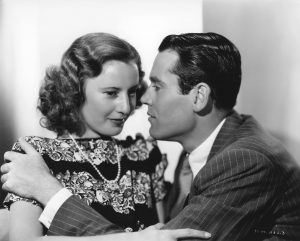
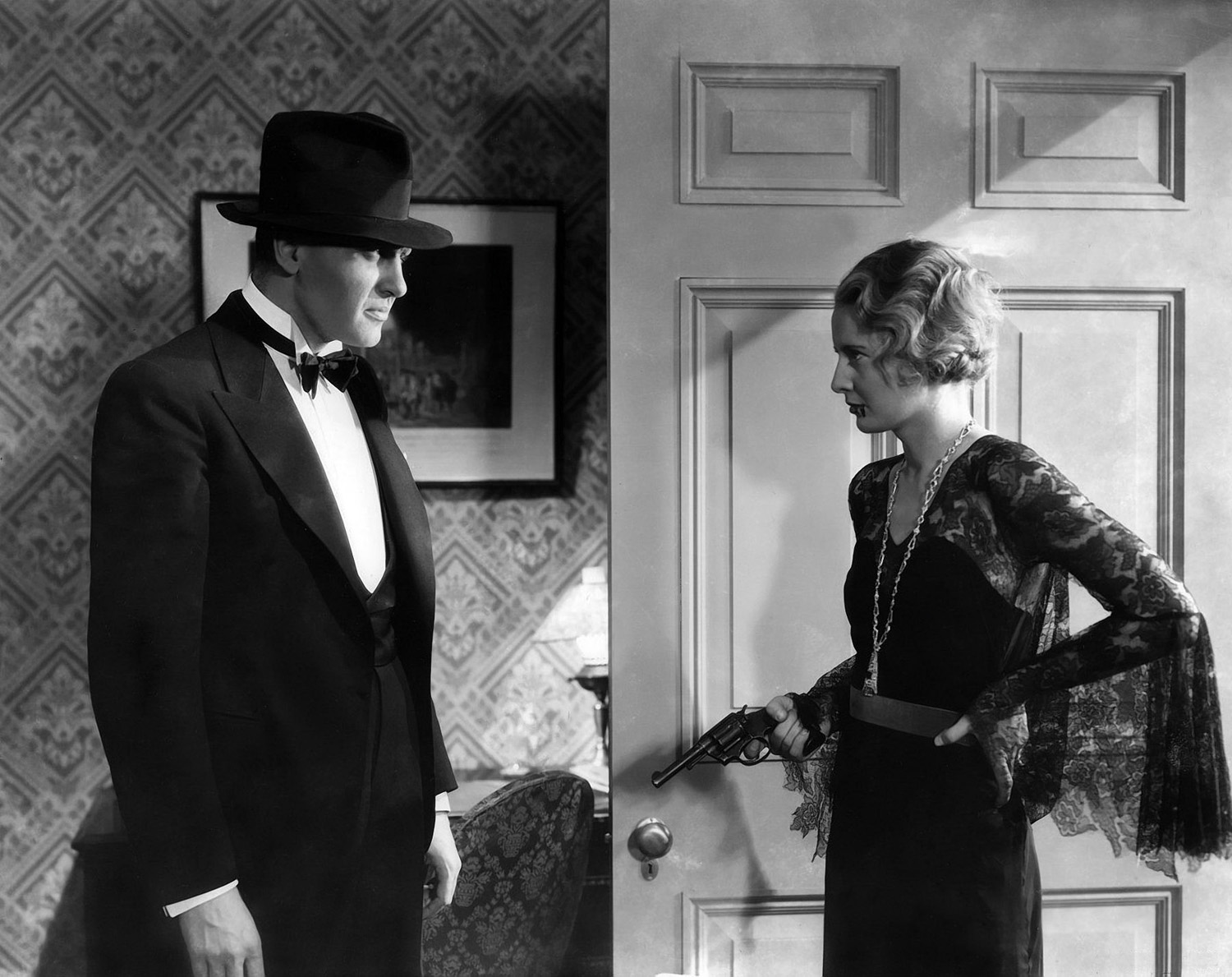























































































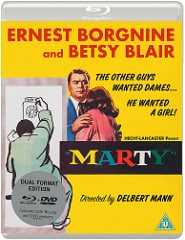
 An Evening With Beverly Luff Linn (Director: Jim Hosking,
An Evening With Beverly Luff Linn (Director: Jim Hosking, Eighth Grade (Director/Screenwriter: Bo Burnham) – Thirteen-year-old Kayla endures the tidal wave of contemporary suburban adolescence as she makes her way through the last week of middle school — the end of her thus far disastrous eighth grade year — before she begins high school.
Eighth Grade (Director/Screenwriter: Bo Burnham) – Thirteen-year-old Kayla endures the tidal wave of contemporary suburban adolescence as she makes her way through the last week of middle school — the end of her thus far disastrous eighth grade year — before she begins high school. Generation Wealth (Director: Lauren Greenfield) – Lauren Greenfield’s postcard from the edge of the American Empire captures a portrait of a materialistic, image-obsessed culture. Simultaneously personal journey and historical essay, the film bears witness to the global boom–bust economy, the corrupted American Dream and the human costs of late stage capitalism, narcissism and greed.
Generation Wealth (Director: Lauren Greenfield) – Lauren Greenfield’s postcard from the edge of the American Empire captures a portrait of a materialistic, image-obsessed culture. Simultaneously personal journey and historical essay, the film bears witness to the global boom–bust economy, the corrupted American Dream and the human costs of late stage capitalism, narcissism and greed. Half the Picture (Director: Amy Adrion) – At a pivotal moment for gender equality in Hollywood, successful women directors tell the stories of their art, lives and careers. Having endured a long history of systemic discrimination, women filmmakers may be getting the first glimpse of a future that values their voices equally.
Half the Picture (Director: Amy Adrion) – At a pivotal moment for gender equality in Hollywood, successful women directors tell the stories of their art, lives and careers. Having endured a long history of systemic discrimination, women filmmakers may be getting the first glimpse of a future that values their voices equally. Hereditary (Director/Screenwriter: Ari Aster) – After their reclusive grandmother passes away, the Graham family tries to escape the dark fate they’ve inherited.
Hereditary (Director/Screenwriter: Ari Aster) – After their reclusive grandmother passes away, the Graham family tries to escape the dark fate they’ve inherited. Leave No Trace (Director: Debra Granik, Screenwriters: Debra Granik, Anne Rosellini) – A father and daughter live a perfect but mysterious existence in Forest Park, a beautiful nature reserve near Portland, Oregon, rarely making contact with the world. A small mistake tips them off to authorities sending them on an increasingly erratic journey in search of a place to call their own.
Leave No Trace (Director: Debra Granik, Screenwriters: Debra Granik, Anne Rosellini) – A father and daughter live a perfect but mysterious existence in Forest Park, a beautiful nature reserve near Portland, Oregon, rarely making contact with the world. A small mistake tips them off to authorities sending them on an increasingly erratic journey in search of a place to call their own. The Miseducation of Cameron Post (Director: Desiree Akhavan, Screenwriters: Desiree Akhavan, Cecilia Frugiuele) –1993: after being caught having sex with the prom queen, a girl is forced into a gay conversion therapy center. Based on Emily Danforth’s acclaimed and controversial coming-of-age novel.
The Miseducation of Cameron Post (Director: Desiree Akhavan, Screenwriters: Desiree Akhavan, Cecilia Frugiuele) –1993: after being caught having sex with the prom queen, a girl is forced into a gay conversion therapy center. Based on Emily Danforth’s acclaimed and controversial coming-of-age novel. Never Goin’ Back (Director/Screenwriter: Augustine Frizzell) –Jessie and Angela, high school dropout BFFs, are taking a week off to chill at the beach. Too bad their house got robbed, rent’s due, they’re about to get fired and they’re broke. Now they’ve gotta avoid eviction, stay out of jail and get to the beach, no matter what!!!
Never Goin’ Back (Director/Screenwriter: Augustine Frizzell) –Jessie and Angela, high school dropout BFFs, are taking a week off to chill at the beach. Too bad their house got robbed, rent’s due, they’re about to get fired and they’re broke. Now they’ve gotta avoid eviction, stay out of jail and get to the beach, no matter what!!! Skate Kitchen (Director: Crystal Moselle, Screenwriters: Crystal Moselle, Ashlihan Unaldi) – Camille’s life as a lonely suburban teenager changes dramatically when she befriends a group of girl skateboarders. As she journeys deeper into this raw New York City subculture, she begins to understand the true meaning of friendship as well as her inner self.
Skate Kitchen (Director: Crystal Moselle, Screenwriters: Crystal Moselle, Ashlihan Unaldi) – Camille’s life as a lonely suburban teenager changes dramatically when she befriends a group of girl skateboarders. As she journeys deeper into this raw New York City subculture, she begins to understand the true meaning of friendship as well as her inner self. The Tale (Director/Screenwriter: Jennifer Fox) – An investigation into one woman’s memory as she’s forced to re-examine her first sexual relationship and the stories we tell ourselves in order to survive; based on the filmmaker’s own story.
The Tale (Director/Screenwriter: Jennifer Fox) – An investigation into one woman’s memory as she’s forced to re-examine her first sexual relationship and the stories we tell ourselves in order to survive; based on the filmmaker’s own story. Yardie (Director: Idris Elba, Screenwriters: Brock Norman Brock, Martin Stellman) – Jamaica, 1973. When a young boy witnesses his brother’s assassination, a powerful Don gives him a home. Ten years later he is sent on a mission to London. He reunites with his girlfriend and their daughter, but then the past catches up with them. Based on Victor Headley’s novel.
Yardie (Director: Idris Elba, Screenwriters: Brock Norman Brock, Martin Stellman) – Jamaica, 1973. When a young boy witnesses his brother’s assassination, a powerful Don gives him a home. Ten years later he is sent on a mission to London. He reunites with his girlfriend and their daughter, but then the past catches up with them. Based on Victor Headley’s novel.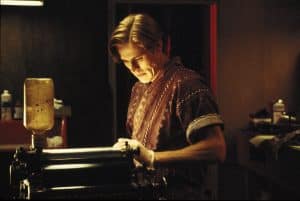 This year’s Berlin International Film Festival is awarding the American actor Willem Defoe with an Honorary Golden Bear in recognition of his career featuring over 100 performances and spanning nearly 40 years since his 1981 debut in Kathryn Bigelow’s debut drama The Loveless. His enormous technical range as an actor extends all the way from the personification of the unfathomably evil to the portrayal of Jesus of Nazareth. In addition to his celebrated cinematic appearances, Dafoe has also pursued a parallel career in theatre, his other passion.
This year’s Berlin International Film Festival is awarding the American actor Willem Defoe with an Honorary Golden Bear in recognition of his career featuring over 100 performances and spanning nearly 40 years since his 1981 debut in Kathryn Bigelow’s debut drama The Loveless. His enormous technical range as an actor extends all the way from the personification of the unfathomably evil to the portrayal of Jesus of Nazareth. In addition to his celebrated cinematic appearances, Dafoe has also pursued a parallel career in theatre, his other passion.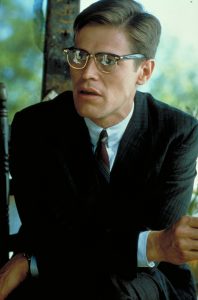 Born in Wisconsin in 1955, Willem Dafoe began studying theatre formally at the age of 17. In 1977, he was one of the founding members of the renowned New York theatre ensemble “The Wooster Group”, where he remained a member for several decades. In addition to his activities on stage, Dafoe increasingly began to turn his attention to film work starting in the early 1980s. Walter’s Hill’s Streets of Fire (1984) was soon followed by William Friedkin’s police thriller To Live and Die in L.A. (1985) where he played ruthless counterfeiter Eric “Ric” Masters, a villain who will stop at nothing to rival his adversaries.
Born in Wisconsin in 1955, Willem Dafoe began studying theatre formally at the age of 17. In 1977, he was one of the founding members of the renowned New York theatre ensemble “The Wooster Group”, where he remained a member for several decades. In addition to his activities on stage, Dafoe increasingly began to turn his attention to film work starting in the early 1980s. Walter’s Hill’s Streets of Fire (1984) was soon followed by William Friedkin’s police thriller To Live and Die in L.A. (1985) where he played ruthless counterfeiter Eric “Ric” Masters, a villain who will stop at nothing to rival his adversaries.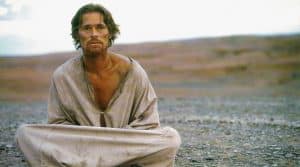 In 1986, Dafoe’s portrayal of Sergeant Elias Grodin in Oliver Stone’s anti-war drama Platoon would expose him to a wider audience. He received his first Academy Award nomination for his performance in the break-through film. Two years later, Martin Scorsese successfully recruited him to fill the leading role as Jesus Christ in his hotly debated literary adaptation The Last Temptation of Christ (1988). Still in the same year, Dafoe co-starred alongside Gene Hackman in director Alan Parker’s civil-rights-era drama Mississippi Burning (1988) (right). In the film, Dafoe plays a young FBI agent fighting against racism and the Ku Klux Klan.
In 1986, Dafoe’s portrayal of Sergeant Elias Grodin in Oliver Stone’s anti-war drama Platoon would expose him to a wider audience. He received his first Academy Award nomination for his performance in the break-through film. Two years later, Martin Scorsese successfully recruited him to fill the leading role as Jesus Christ in his hotly debated literary adaptation The Last Temptation of Christ (1988). Still in the same year, Dafoe co-starred alongside Gene Hackman in director Alan Parker’s civil-rights-era drama Mississippi Burning (1988) (right). In the film, Dafoe plays a young FBI agent fighting against racism and the Ku Klux Klan.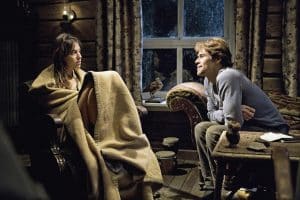 Many multifaceted roles would follow, in films such as Born on the Fourth of July (1989), Wim Wenders’ In weiter Ferne, so nah! (Faraway, So Close! 1993) and The English Patient (1996). In the year 2000, Dafoe shined as Max Schreck in the horror film Shadow of the Vampire by director E. Elias Merhige. His brilliant turn as a member of the undead earned him his second Academy Award nomination.
Many multifaceted roles would follow, in films such as Born on the Fourth of July (1989), Wim Wenders’ In weiter Ferne, so nah! (Faraway, So Close! 1993) and The English Patient (1996). In the year 2000, Dafoe shined as Max Schreck in the horror film Shadow of the Vampire by director E. Elias Merhige. His brilliant turn as a member of the undead earned him his second Academy Award nomination.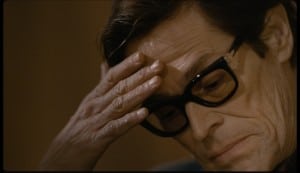 In 2009 Danish director Lars von Trier cast him as the male lead alongside Charlotte Gainsbourg in his psycho-thriller Antichrist – the film became the subject of controversy due to scenes featuring graphic sex and violence. In 2011 Dafoe put on an extraordinary acting performance once again as a lonely hunter in Daniel Nettheim’s thriller The Hunter. Three years later, in Abel Ferrara’s biopic (right) Pasolini Dafoe portrayed the Italian filmmaker in the final period of his life, shortly before his murder.
In 2009 Danish director Lars von Trier cast him as the male lead alongside Charlotte Gainsbourg in his psycho-thriller Antichrist – the film became the subject of controversy due to scenes featuring graphic sex and violence. In 2011 Dafoe put on an extraordinary acting performance once again as a lonely hunter in Daniel Nettheim’s thriller The Hunter. Three years later, in Abel Ferrara’s biopic (right) Pasolini Dafoe portrayed the Italian filmmaker in the final period of his life, shortly before his murder.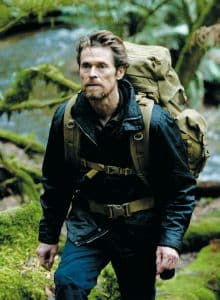 Last year Dafoe has appeared in Kenneth Branagh’s feature Murder on the Orient Express (2017). The German-American joint effort The Sleeping Shepherd (directed by Frank Hudec) is currently in pre-production. He has also finished filming under the direction of Julian Schnabel for At Eternity’s Gate, in which he plays Vincent van Gogh. Dafoe’s role in The Florida Project earned him both a nomination for the British BAFTA Awards and recently his third nomination for an Academy Award, in the category of Best Supporting Actor.
Last year Dafoe has appeared in Kenneth Branagh’s feature Murder on the Orient Express (2017). The German-American joint effort The Sleeping Shepherd (directed by Frank Hudec) is currently in pre-production. He has also finished filming under the direction of Julian Schnabel for At Eternity’s Gate, in which he plays Vincent van Gogh. Dafoe’s role in The Florida Project earned him both a nomination for the British BAFTA Awards and recently his third nomination for an Academy Award, in the category of Best Supporting Actor.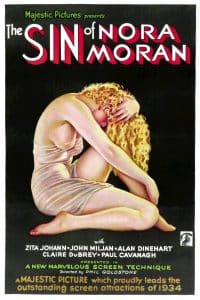 Dir: Phil Goldstone | Writer: Frances Hyland from the play by Willis Maxwell Goodhue | Cast: Zita Johann, Alan Dinehart, Paul Cavanagh, Claire DuBrey, John Miljan, Henry B. Walthall, Cora Sue Collins | USA / Drama / 65 min
Dir: Phil Goldstone | Writer: Frances Hyland from the play by Willis Maxwell Goodhue | Cast: Zita Johann, Alan Dinehart, Paul Cavanagh, Claire DuBrey, John Miljan, Henry B. Walthall, Cora Sue Collins | USA / Drama / 65 min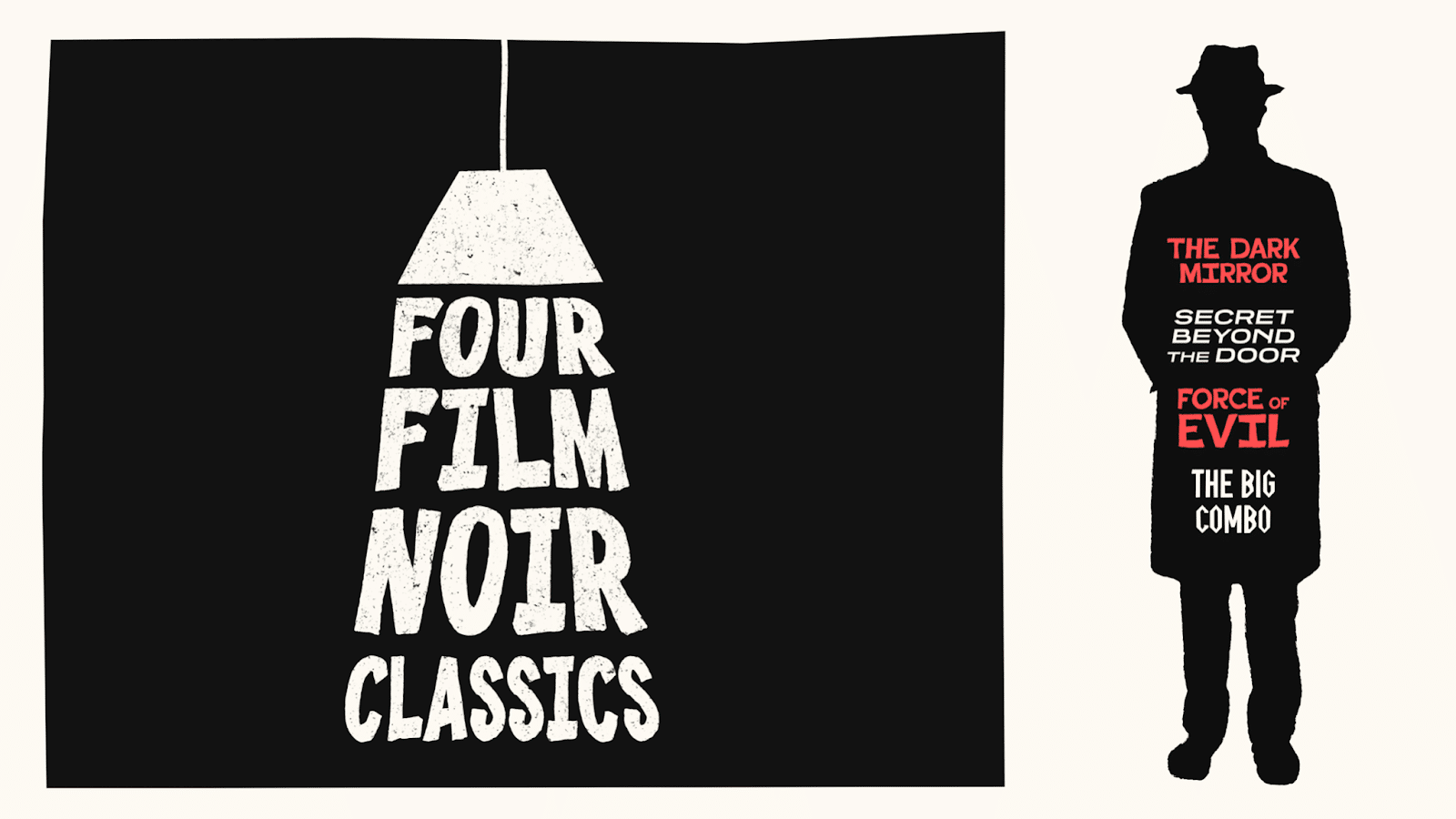
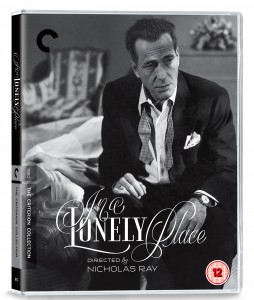










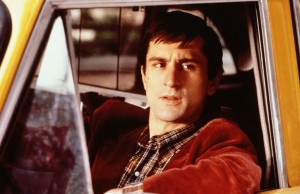
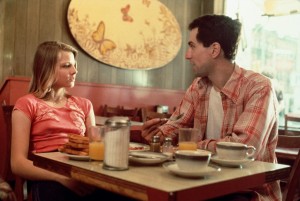
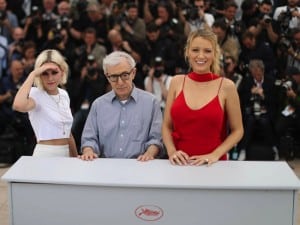

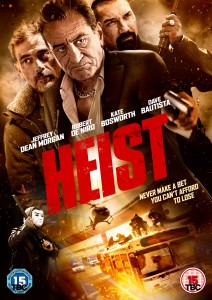
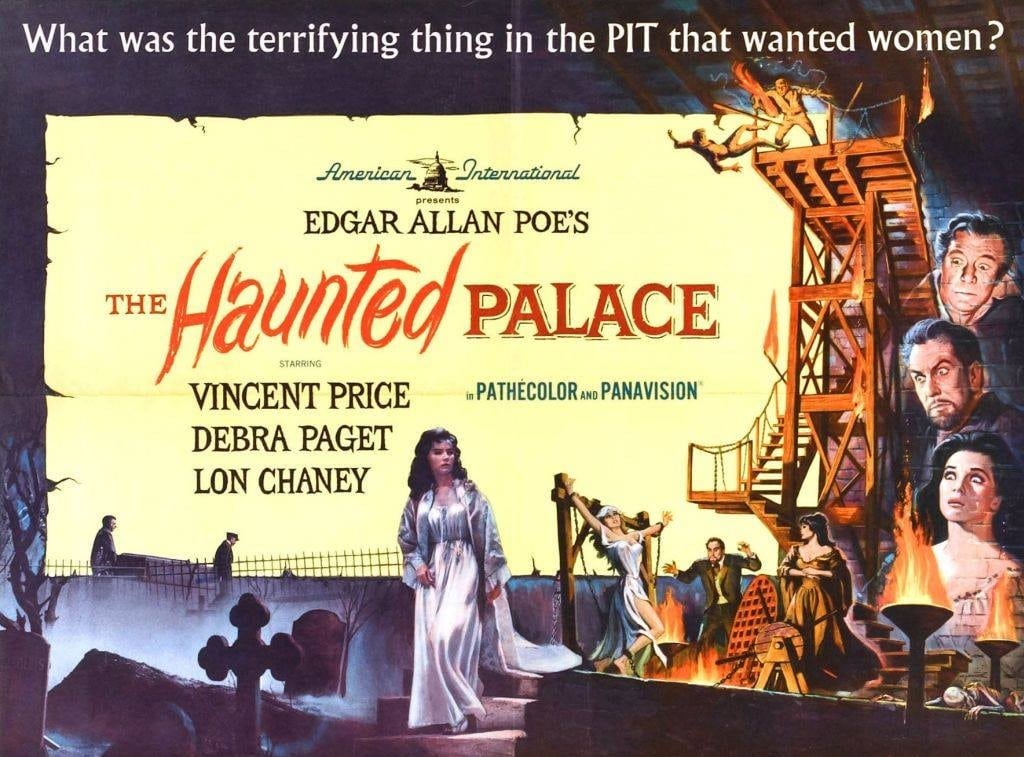

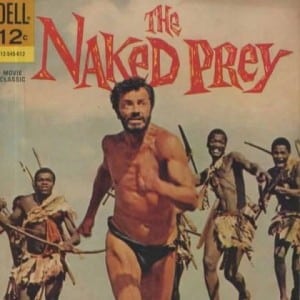
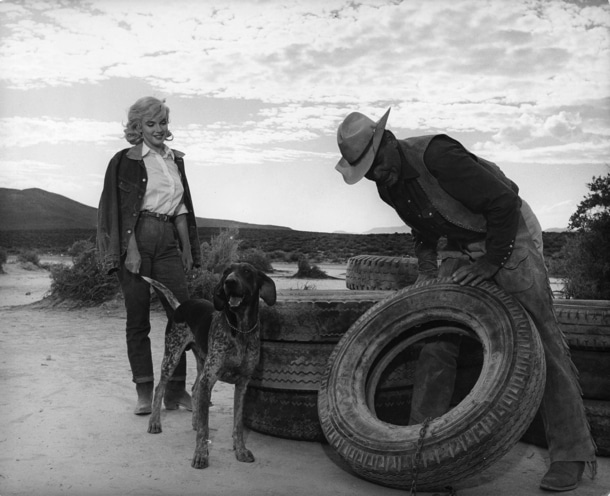
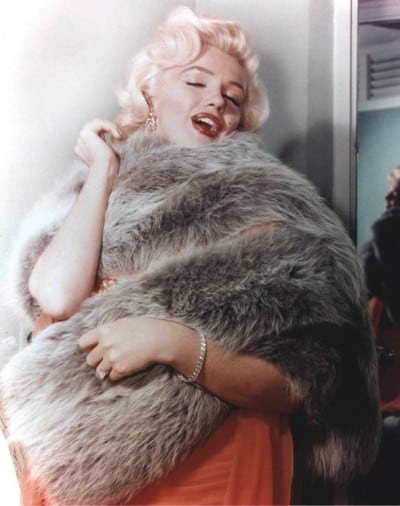
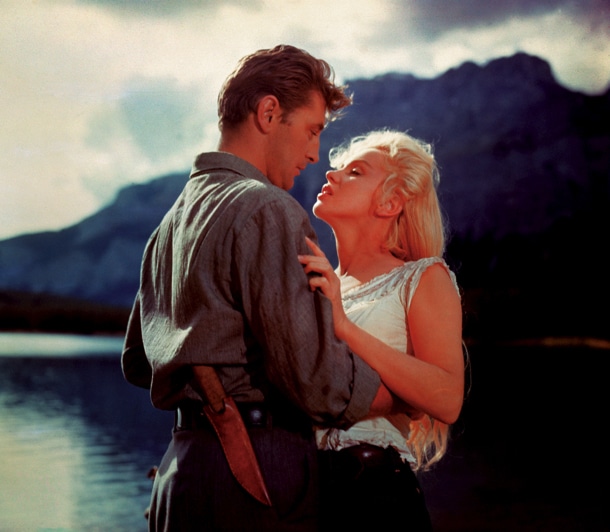
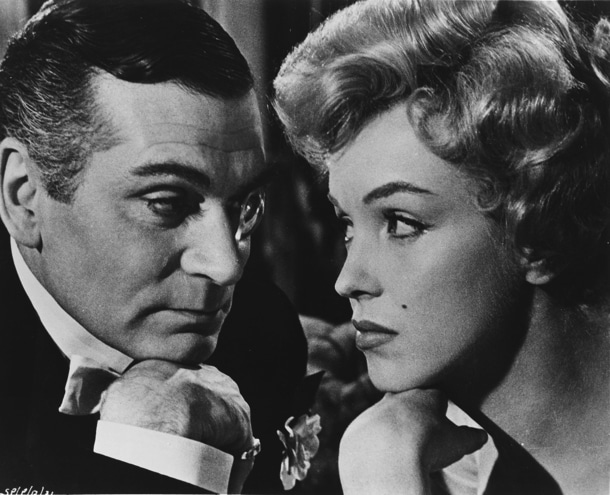
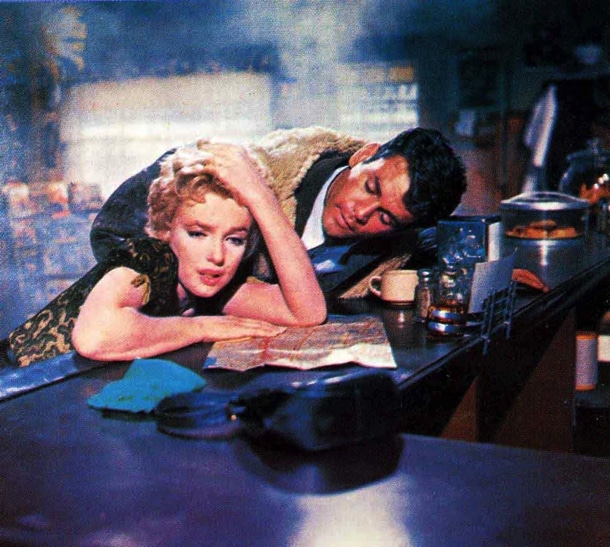
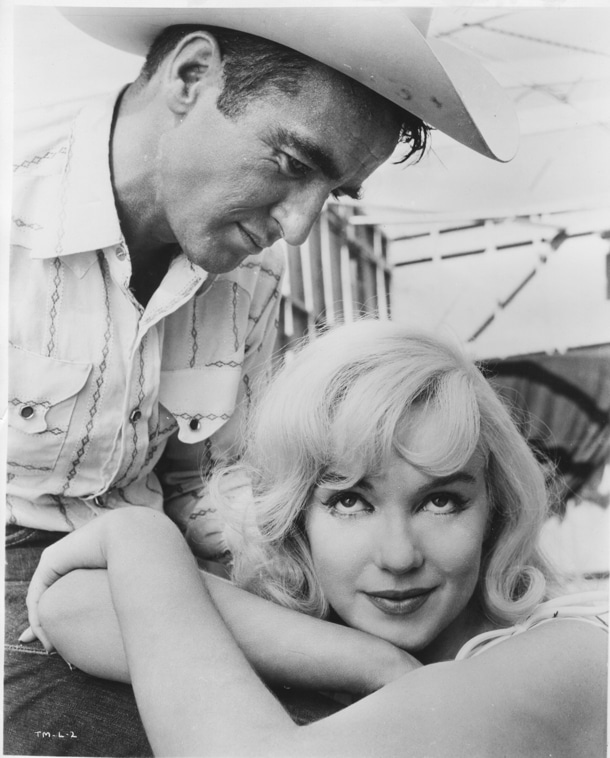
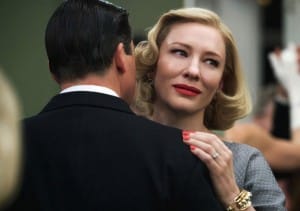


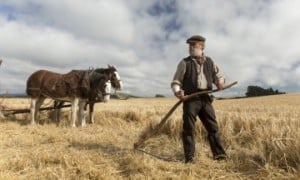

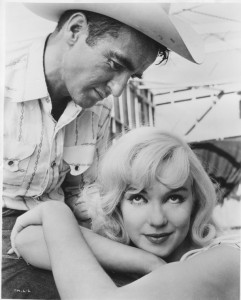 Dir.: John Huston; Cast: Marilyn Monroe, Clark Gable, Montgomery Clift, Eli Wallach, Thelma Ritter; USA 1960, 120 min.
Dir.: John Huston; Cast: Marilyn Monroe, Clark Gable, Montgomery Clift, Eli Wallach, Thelma Ritter; USA 1960, 120 min.